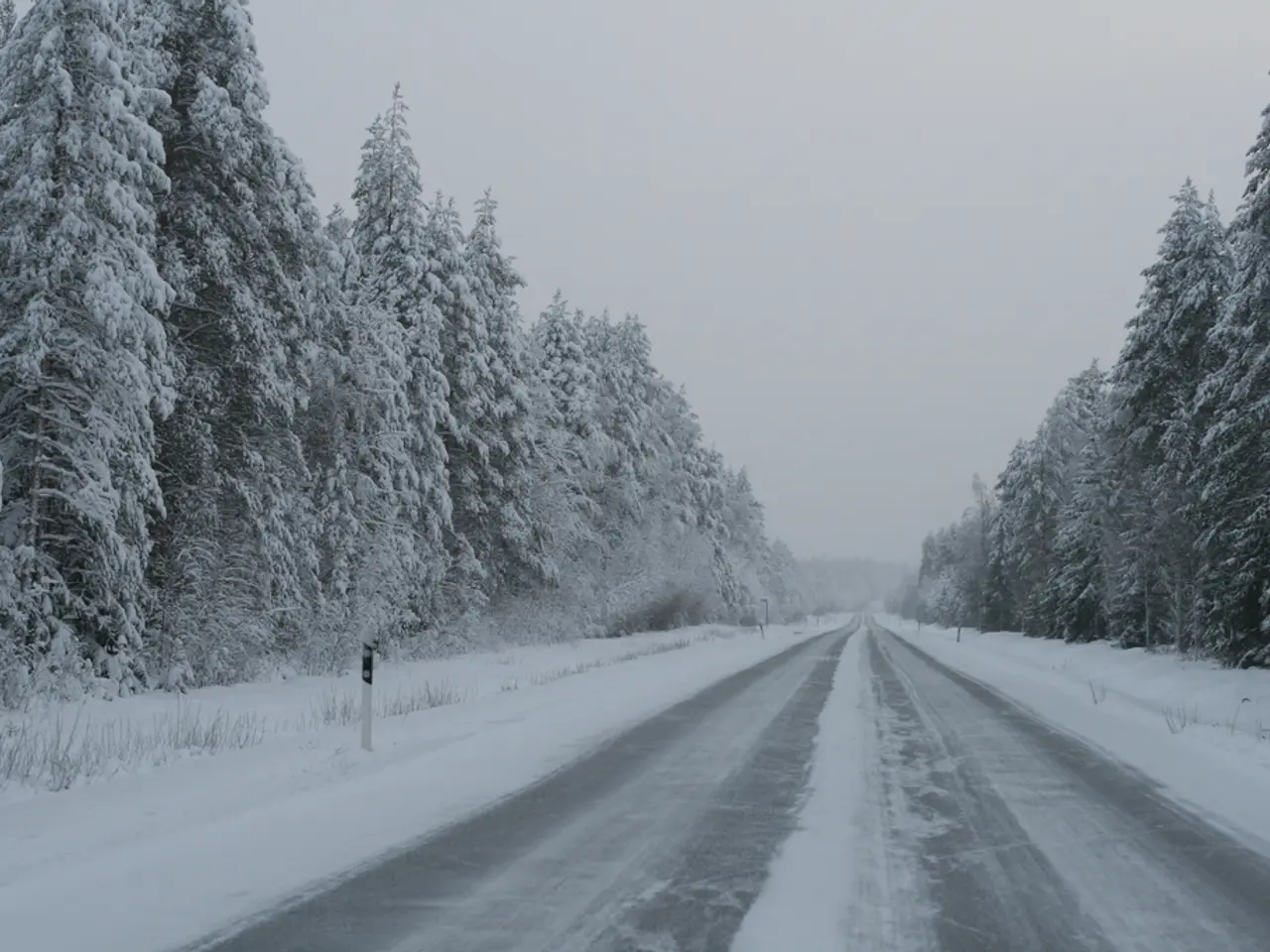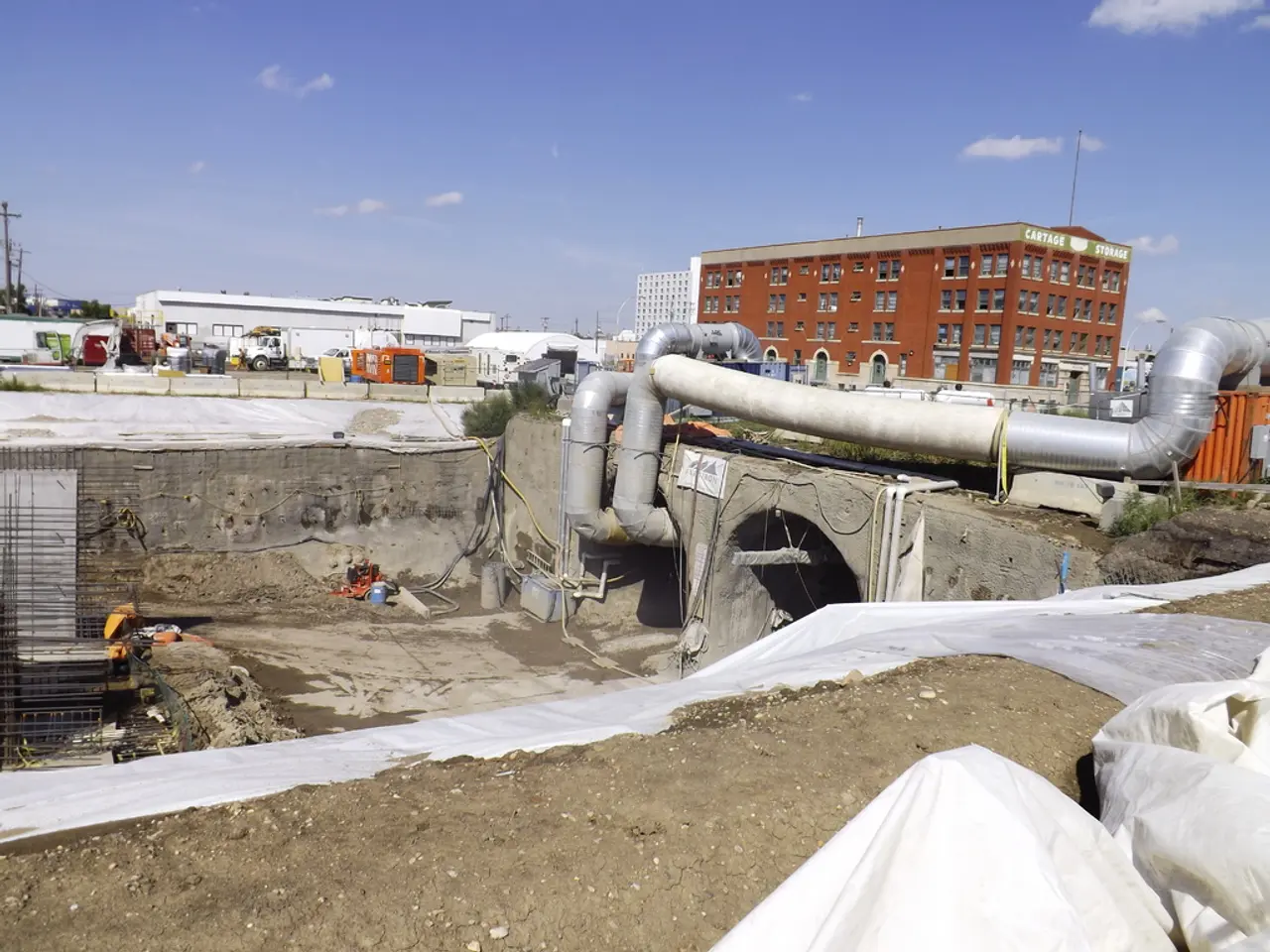Maintenance funding for renowned American hiking trails halted by Trump administration, leading to job losses for trail workers
The maintenance of hiking trails across the United States, including the iconic Pacific Crest Trail (PCT), is facing significant challenges due to funding cuts, staff shortages, and bureaucratic delays.
Without government support, the Pacific Coast Trail Association fears the PCT could fall into disrepair. The association, a non-profit organisation that receives federal funding to maintain the trail, finds the review of the grant "deeply concerning." Thousands of Americans protested against the job cuts and funding cuts on Monday, February 17, indicating a strong public sentiment against the current situation.
The PCT, which spans 2,650 miles across the US, Mexico, and Canada, has maintenance along lengthy sections in California and Oregon funded by a federal grant that has been paused and is under review. Lack of staff has led to the indefinite closure of Franklin Falls and Denny Creek trails in King County, Washington.
Thousands of jobs were cut from the National Park Service and Forest Service in the last month, adding to the strain on trail maintenance. The protesters expressed their desire to have the jobs of the laid-off Forest Service employees restored. One protester at the Rocky Mountains National Park stated that without rangers and seasonal workers, the summer could be a mess.
The closures and potential lack of maintenance could negatively impact the hiking experiences of millions of Americans. Over 60 million Americans go hiking each year, and more than 300 million visit national parks annually. NPCA senior vice president of government affairs Kristen Brenge warns of overflowing trash, uncleaned bathrooms, and fewer rangers due to funding cuts.
While the USDA Forest Service maintains some level of funding for forest conservation and supports recreation access in principle, trail maintenance specifically is under significant stress. Trail maintenance organizations like the Pacific Northwest Trail Association have suffered from funding freezes and staff shortages, delaying critical approval processes.
Despite ongoing federal investments, nonprofits that help maintain trails still rely heavily on federal grants and contracts for funding, so their capacity remains linked to federal funding availability and agency staffing. Specific trailhead closures on sections of the PCT are occurring for infrastructure projects like road paving, which temporarily limits access and reflects ongoing maintenance challenges.
The Trump administration's policies, such as tighter border controls, indirectly affected thru-hiking by complicating cross-border access. It's currently unclear whether funding for the PCT will be restored, reduced, or completely cut.
In sum, the maintenance of hiking trails in the US is under significant stress due to funding freezes, understaffing, and bureaucratic inefficiencies lingering from recent years, including the Trump era and its aftermath. This has led to reduced trail upkeep capacity on critical trails like the PCT despite continued high public demand and use.
In the face of funding freezes and understaffing, environmental-science organizations like the Pacific Coast Trail Association are experiencing challenges in maintaining the iconic Pacific Crest Trail (PCT). Meanwhile, sports enthusiasts, particularly hikers and fans of outdoor activities, are expressing concerns about the potential impact on their favorite trails, as a lack of maintenance could deter millions from enjoying the outdoors.








